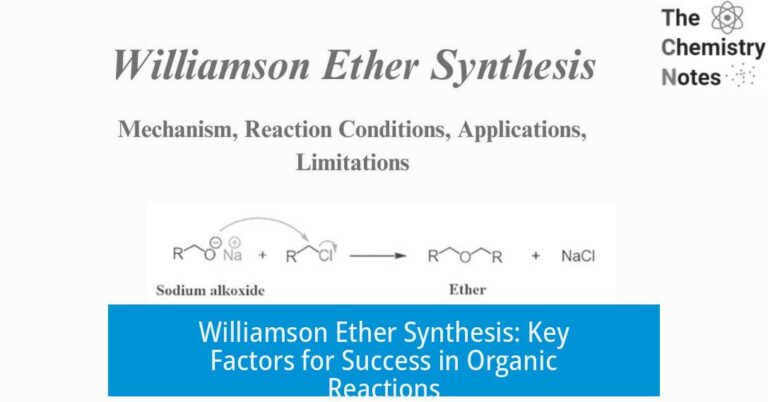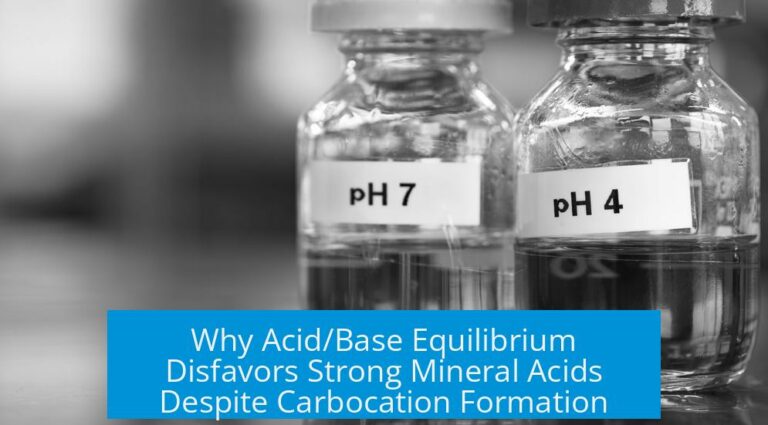Becoming a Food Chemist with a BS in Food & Nutrition
It is possible to become a food chemist with a BS in Food & Nutrition, but this path often requires additional coursework and careful academic planning. Food chemistry is a specialized field distinct from mainstream chemistry, and the academic routes can vary based on your background and career goals.
Academic Background and Preparation
Individuals entering chemistry graduate programs come from diverse majors, such as biology or mathematics. For food chemistry, analytical or instrumental chemistry specializations are most relevant.
- A BS in Food & Nutrition provides a strong foundation in food systems but may lack advanced chemistry coursework needed for graduate chemistry degrees.
- Graduate programs, especially MS in Chemistry, often require senior-level (4th-year) chemistry courses before admission.
- Prospective students might need to complete additional undergraduate classes to meet these prerequisites.
Taking these extra courses helps bridge the gap between nutrition studies and the chemistry-intensive curriculum required for advanced food chemistry research.
Exploring Graduate Programs and Their Requirements
Contacting schools directly proves crucial. Program coordinators can clarify prerequisite courses and help map out your academic needs:
- Ask about the course requirements specific to food chemistry or analytical chemistry tracks.
- Verify whether your nutrition degree meets or falls short of their expectations.
- Some institutions may invite you to visit or attend specific prerequisite classes.
This personalized communication ensures you choose a program aligned with your background and professional goals.
The Nature of Food Chemistry and Alternative Degrees
Food chemistry often operates at the intersection of several disciplines:
- It is less commonly a standalone concentration in traditional chemistry departments.
- Many food chemistry roles reside in schools of engineering, agricultural science, or specialized food science programs.
- Graduate degrees in Food Science, Food Processing & Engineering, or Food Formulation may offer easier admission paths given your BS in Food & Nutrition.
These alternative routes can provide focused training without extensive additional chemistry coursework.
Key Considerations for Aspiring Food Chemists
- Reflect on the specific chemical principles and food systems you want to study.
- Consider whether your interests lie more in research, product development, safety testing, or another area.
- Understand that food chemistry blends biology, chemistry, and engineering concepts.
Takeaways
- A BS in Food & Nutrition is a good starting point but may not fully meet graduate chemistry program prerequisites.
- Additional undergraduate chemistry courses may be necessary for MS or PhD admission.
- Food chemistry is niche and often part of food science or engineering programs rather than traditional chemistry departments.
- Contacting graduate programs directly helps clarify your eligibility and pathway options.
- Alternative graduate degrees in Food Science or Engineering may offer more accessible routes.
What additional courses might I need after a BS in Food & Nutrition to pursue food chemistry?
You may need to take specific undergraduate chemistry courses before entering a graduate chemistry program. Most MS Chemistry programs require advanced-level classes, often at the 4th-year level.
Is food chemistry a common focus within traditional chemistry departments?
Food chemistry is a niche field. Many chemists do not specialize in food. Often, food chemistry work is found in engineering or agricultural departments rather than typical chemistry schools.
Are there alternative graduate degrees better suited for someone with a BS in Food & Nutrition?
Yes. Degrees in Food Science, food formulation, or food engineering often have easier entry requirements. These programs align closely with your background and focus on food-related chemistry.
How should I approach choosing a graduate program for food chemistry?
Contact several schools and speak to program coordinators. They can clarify prerequisites, course requirements, and if you need extra classes. This step helps you find programs that fit your background.
What key skills or chemistry areas should I focus on for food chemistry?
Analytical and instrumental chemistry are important specializations. These skills help analyze food components and quality, which are central to food chemistry work.





Leave a Comment